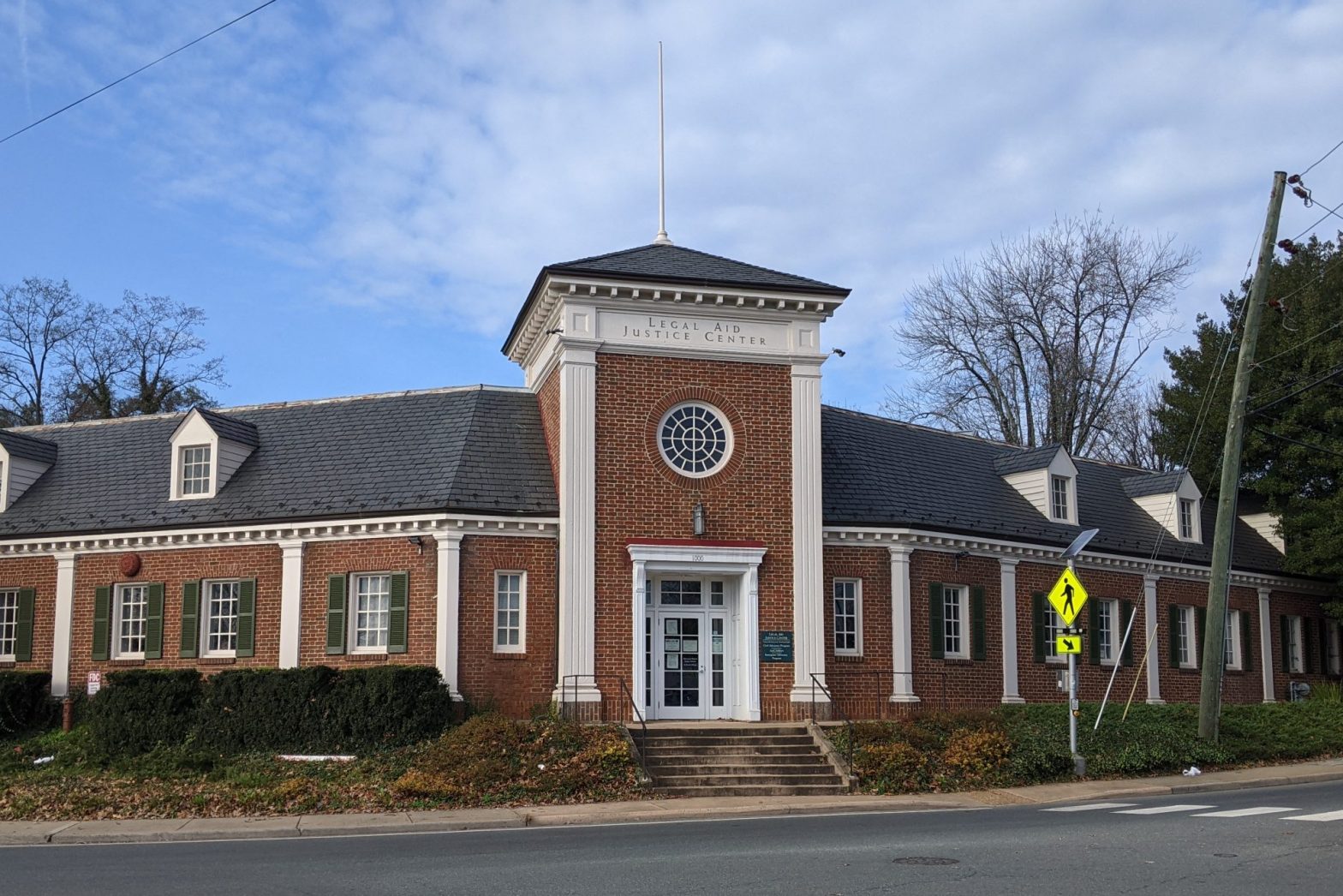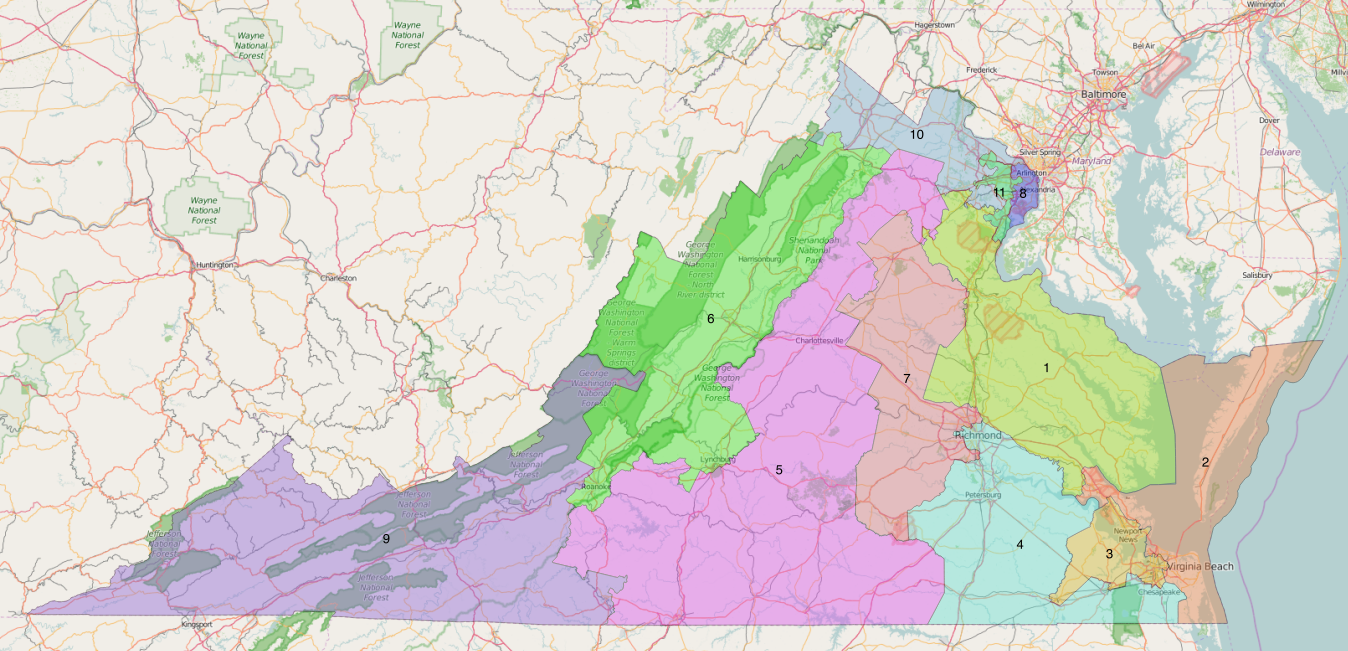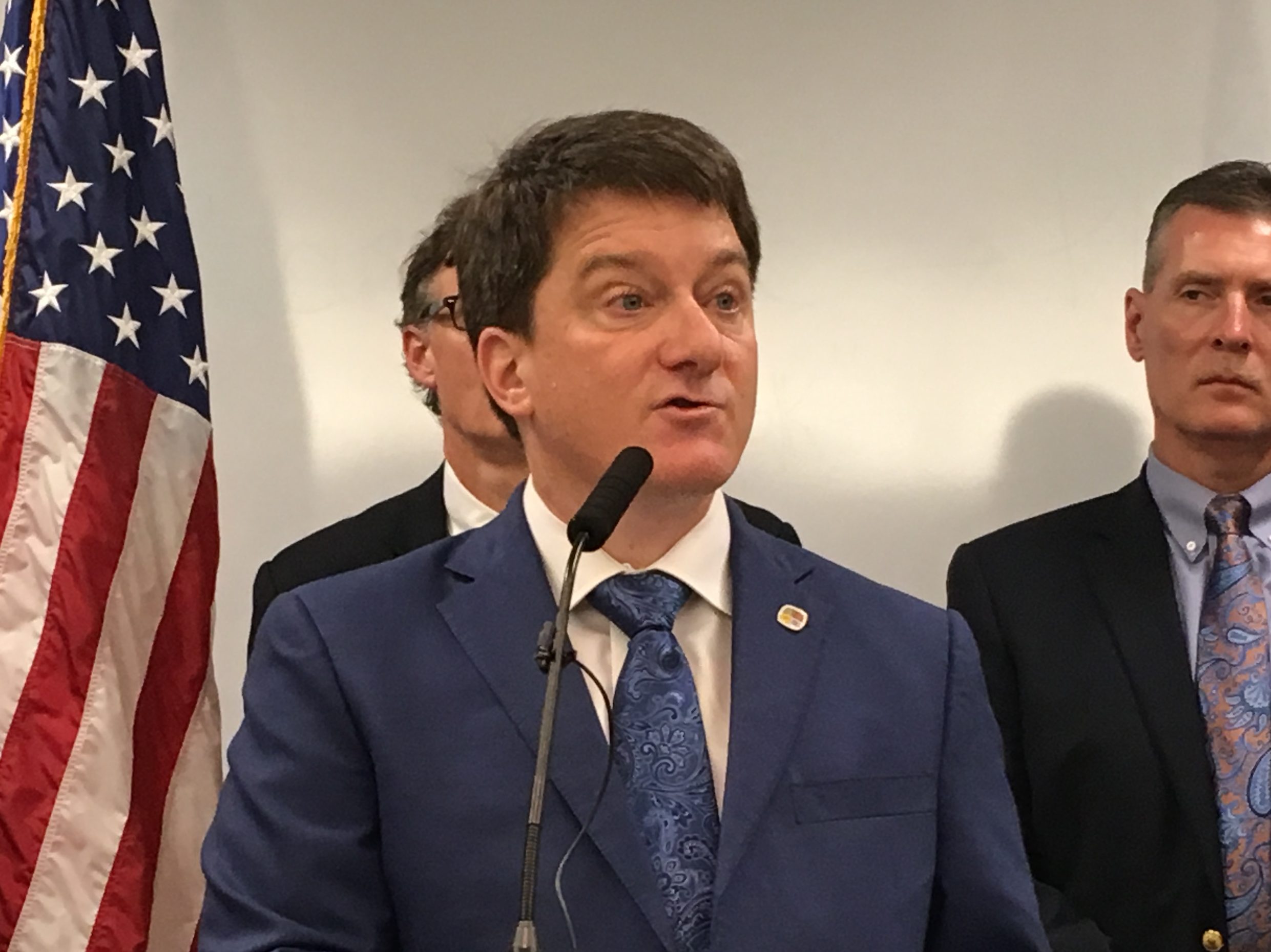Since the Supreme Court ended the national eviction moratorium in August, many Virginians have been able to stay in their homes thanks to the state’s rent relief program. But on May 15, the program will stop accepting new applications due to dwindling funds, leaving struggling renters with few other assistance options.
Once the program ends, Charlottesville and Albemarle residents facing eviction can still apply to the Pathways Fund (833-524-2904), which is prioritizing tenants who owe less than $1,000 in back rent. And across the state, residents in need of rent relief—among other types of assistance—should call 211 to see what local resources are available to them.
However, many community assistance programs have run out of funding over the past two years, explains Lydia Brunk, co-chair of Charlottesville Democratic Socialists of America’s Housing Justice Committee, which connects local residents facing eviction with resources. The state’s program has been the sole source of relief for many tenants behind on rent.
“There are definitely community organizations doing good work, but they can’t be expected to fill in the big giant hole that’s going to be left by an entire statewide-funded eviction prevention program,” says Brunk. “It’s simply not reasonable for the state to pull back this huge social funding, and then for the community to try and patch up the holes.”
With limited rent relief available, housing advocates predict a spike in evictions in the coming weeks. Over the past few months, evictions have already been on the rise—since February 28, there have been 77 eviction hearings in Charlottesville and 260 in Albemarle County, according to court data collected by Charlottesville DSA. During the week of April 11, the two localities had over 85 hearings combined.
The Legal Aid Justice Center urges anyone who receives an eviction notice to show up to their court date.
“There have been property managers and landlords telling people [not to go], and that’s the easiest way to automatically lose your case,” says Moriah Wilkins, LAJC’s Skadden Legal Fellow.
“The number-one thing you can do to advocate for yourself is just be present,” adds Victoria McCullough, co-chair of DSA’s housing justice committee. “That will give you some time between the first court date and whatever else happens next to shore up some support, and we can try to help you with that.”
Additionally, tenants at risk of losing their homes should keep records of correspondence they’ve had with their landlord. Through June 30, all landlords are required under state law to give tenants who are behind on rent a written 14-day notice to pay what they owe, including information about the 211 assistance line and—until it ends—the Virginia Rent Relief Program, before proceeding with an eviction. Those who own four units must also offer a payment plan of up to six months for past-due rent. And before May 15, landlords are required to apply to the VRRP on the tenant’s behalf during the 14-day notice period, if the tenant has not already applied or agreed to a payment plan.
“If there are any legal errors in the notice given to you by your landlord, you may be able to prevent or delay your eviction,” says Wilkins.
Until June 30, landlords will still be prohibited from evicting tenants who’ve applied to the VRRP, unless they are not approved to receive relief within 45 days, are found ineligible, or the program runs out of funding.
Local residents facing eviction can contact the LAJC for legal assistance, including help filling out their VRRP application. In July, Charlottesville City Council allocated $300,000 in American Rescue Plan funds to the nonprofit to create an eviction prevention pilot program. With legal representation, tenants facing eviction are far more likely to remain in their homes—yet few can afford a lawyer. Meanwhile, a majority of landlords have attorneys with them in court.
LAJC is also currently in the process of finalizing a $200,000 contract with Albemarle County for eviction prevention. Though LAJC has not received enough funding to guarantee a lawyer for every local resident facing eviction, it has been able to hire additional attorneys since last summer, enabling it to represent more tenants.
More funding from the city may be on the way. “This budget cycle we also voted to allocate $1 million to boost our rent and mortgage relief programs, [but] additional money could potentially be added to support emergency rent relief/eviction prevention when the second tranche of our American Rescue Plan Act money becomes available,” Councilor Michael Payne told C-VILLE in an email. “We haven’t yet had any formal discussions about how to fully allocate that money.”
According to Wilkins, LAJC is prioritizing local residents with unlawful detainers, especially those with housing subsidies. Even if the nonprofit’s lawyers are unable to take on a tenant’s case, they give them free advice on what to do on their court date.
“We tell people to ask for a hearing. This is when you will have the opportunity to argue your case, and stay in your home,” says Wilkins. “And if you have applied to rent relief prior to May 15, let the judge know—that can be another protection.”
In the meantime, housing advocates encourage struggling tenants to apply to the VRRP as soon as possible—applicants often endure lengthy wait times. Households that make less than half their area’s median income, or with one or more people who have been unemployed for at least 90 days, are being prioritized until the application deadline.



